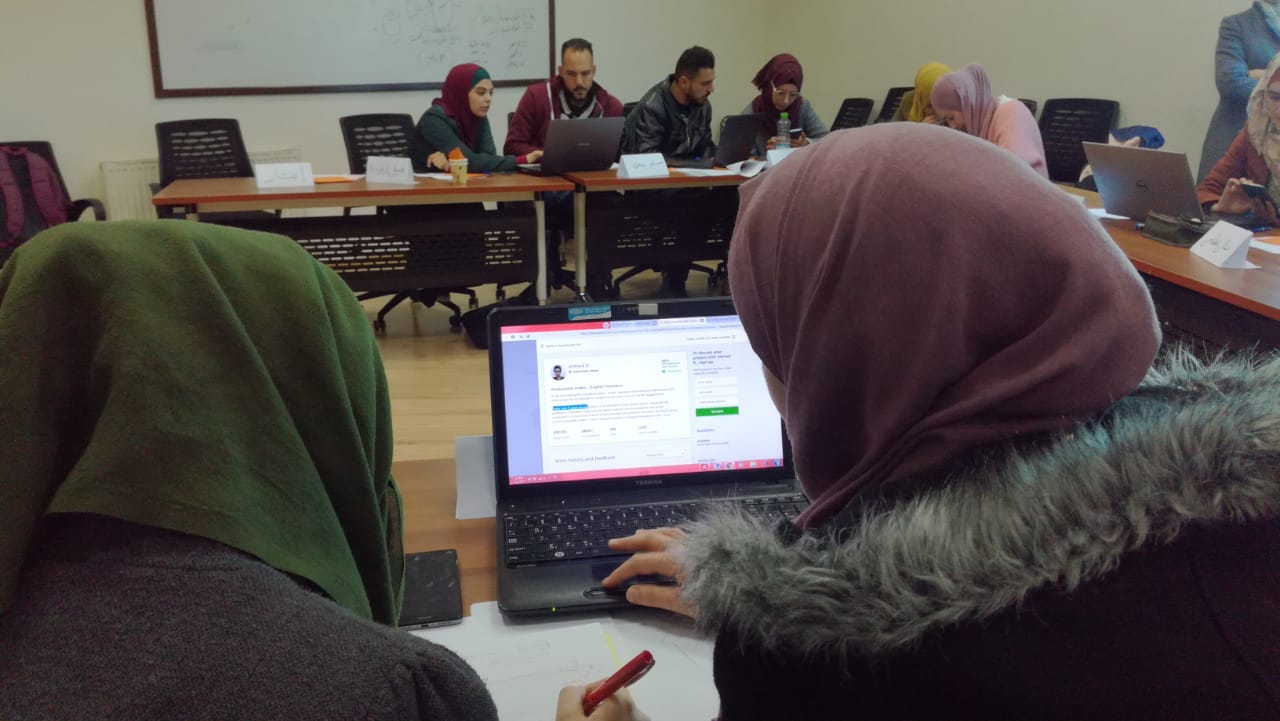What is Freelancing ?

A freelancer is someone who performs tasks, usually for multiple employers over the course of a year for a fee without being an official company employee. . This allows the freelance freedom to do tasks on their own. This process of doing job is called freelancing. For example, a magazine or website will have a core team of editors who hire freelance writers to write articles, or a TV production crew might hire freelance cameramen to work on one series of programmes.
Freelancers may work part-time or full-time. Because they are not considered employers, freelancers are allowed to work for other employers and are usually permitted to perform tasks in their own way, as long as the work gets done to the client’s specifications.
Freelancing can be tons of fun. You create your own hours, accept the jobs you want. Plus, many freelance and contract jobs come with the enormous perk of working from the comfort of your own desired environment.
Payment for freelance work also varies greatly. Freelancers may charge by the day or hour, or on a per-job basis. However, large clients such as businesses may have internal policies regarding freelance pay, so a freelancer accustomed to charging by the hour may be asked to accept a lump sum payment for a particular job. Although, if a client’s conditions are undesirable, the freelancer often does not hesitate to attempt negotiation before accepting or rejecting the job.
What are the advantages of freelancing?
Choose your work. Being a freelancer means you don’t have a boss telling you what to do so you can say ‘no’ to jobs you don’t want. You might also get to work at home for specific projects. As long as your work is delivered to the deadline most clients won’t mind how and when you do it – making freelancing a good option for people who don’t want to work normal office hours.
Better pay. Freelancers can negotiate your own rates with the companies who hire you. Companies are often prepared to pay freelancers a better rate than their own staff because they don’t have to pay for things like sick leave as part of the contract. The more experience you have then the more money you can ask for.
What are the disadvantages of freelancing?
Getting work
There are a lot of freelancers out there and getting your first few jobs can be hard. Just being good at what you do isn’t enough – you need to network, market yourself and make contacts because no-one will hire you if they don’t know you’re there! The workload can be unpredictable – sometimes you might be working all night to meet three deadlines in one week, while even the most successful freelancers have months where they get no work at all.
Managing your money
You will not receive a regular pay cheque per month and you’ll also need to remember to keep some money aside for times when you’re ill or there’s no work – and while it might be great to have a holiday any time you want, remember that no-one will pay you for it!
There are both pros and cons to being a freelancer. Consider what is important to you. More work is being given to freelancers each year, so if you have special talents, it could be the best career option for you. But remember, you have to market yourself and sell your services. Once you get a good reputation and portfolio of work, it gets to be much easier.
One of the benefits of signing on as a freelancer with MENA Alliances is that we do the selling for you! Once your name and credentials are in our system, you will have the opportunity to do the work you love without the difficulty of trying to sell it!








